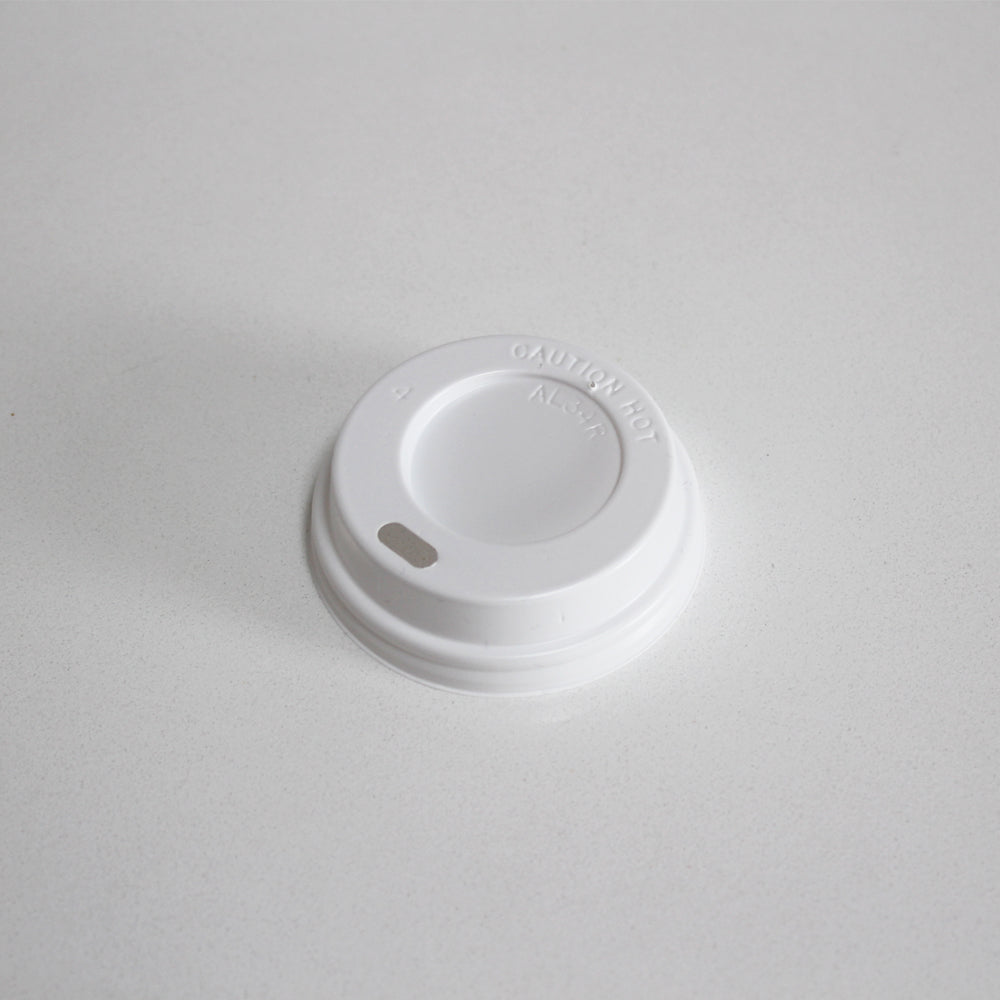The Rise of Plastic-Free Paper Cups A Sustainable Alternative
In recent years, the conversation surrounding environmental sustainability has intensified, particularly with respect to single-use plastics. Among the various products scrutinized for their environmental impact, disposable cups have emerged as a significant concern. This has led to the rise of plastic-free paper cups as a sustainable alternative, catering to the growing demand for eco-friendly solutions.
The Rise of Plastic-Free Paper Cups A Sustainable Alternative
Enter plastic-free paper cups, which are designed to mitigate these environmental issues. Made from renewable resources, paper cups have a lower carbon footprint compared to their plastic counterparts. These cups are typically coated with a mild barrier, such as a plant-based material, rather than plastic, which ensures they remain leak-proof while still being compostable or recyclable. This innovation addresses the significant consumer concern regarding waste and supports a circular economy model that reduces landfill dependency.
plastic free paper cups

The manufacturing process of plastic-free paper cups is also more environmentally friendly. Most paper cups are made from sustainably sourced paper and use water-based inks, minimizing toxic chemical usage. Many companies are now committed to using 100% recycled materials for their cups and ensuring that the production process is as energy-efficient as possible. This holistic approach not only lessens the environmental footprint but also enhances brand reputation among eco-conscious consumers.
Adoption of plastic-free paper cups has been further driven by changing consumer preferences. Today, consumers are increasingly aware of their environmental impact and are demanding sustainable alternatives across all sectors of their lives. Many coffee shops, restaurants, and event organizers are responding to this demand by switching to eco-friendly products, including paper cups. This shift not only aligns with corporate social responsibility goals but also caters to a growing segment of the market that prioritizes sustainability.
Despite the advantages, there are challenges in the widespread adoption of plastic-free paper cups. One of the primary concerns is the cost; paper cups can be more expensive to produce than plastic ones. However, this challenge is being addressed through economies of scale and advancements in technology, which are driving down manufacturing costs. Furthermore, businesses that invest in sustainable solutions often find that their customer base increases, as consumers are willing to pay a premium for environmentally friendly products.
In conclusion, the rise of plastic-free paper cups presents a promising alternative to traditional disposable cups in the fight against plastic pollution. With their reduced environmental impact, sustainable production methods, and growing market acceptance, these cups are paving the way for a more sustainable future. As consumers continue to prioritize eco-friendliness in their purchasing decisions, the shift towards plastic-free alternatives will likely be supported by both businesses and individuals alike. By making conscious choices and advocating for sustainable practices, we can collectively contribute to a healthier planet. With the commitment of both consumers and businesses, the era of plastic-free paper cups could signal a monumental shift towards a more sustainable and eco-conscious society.



